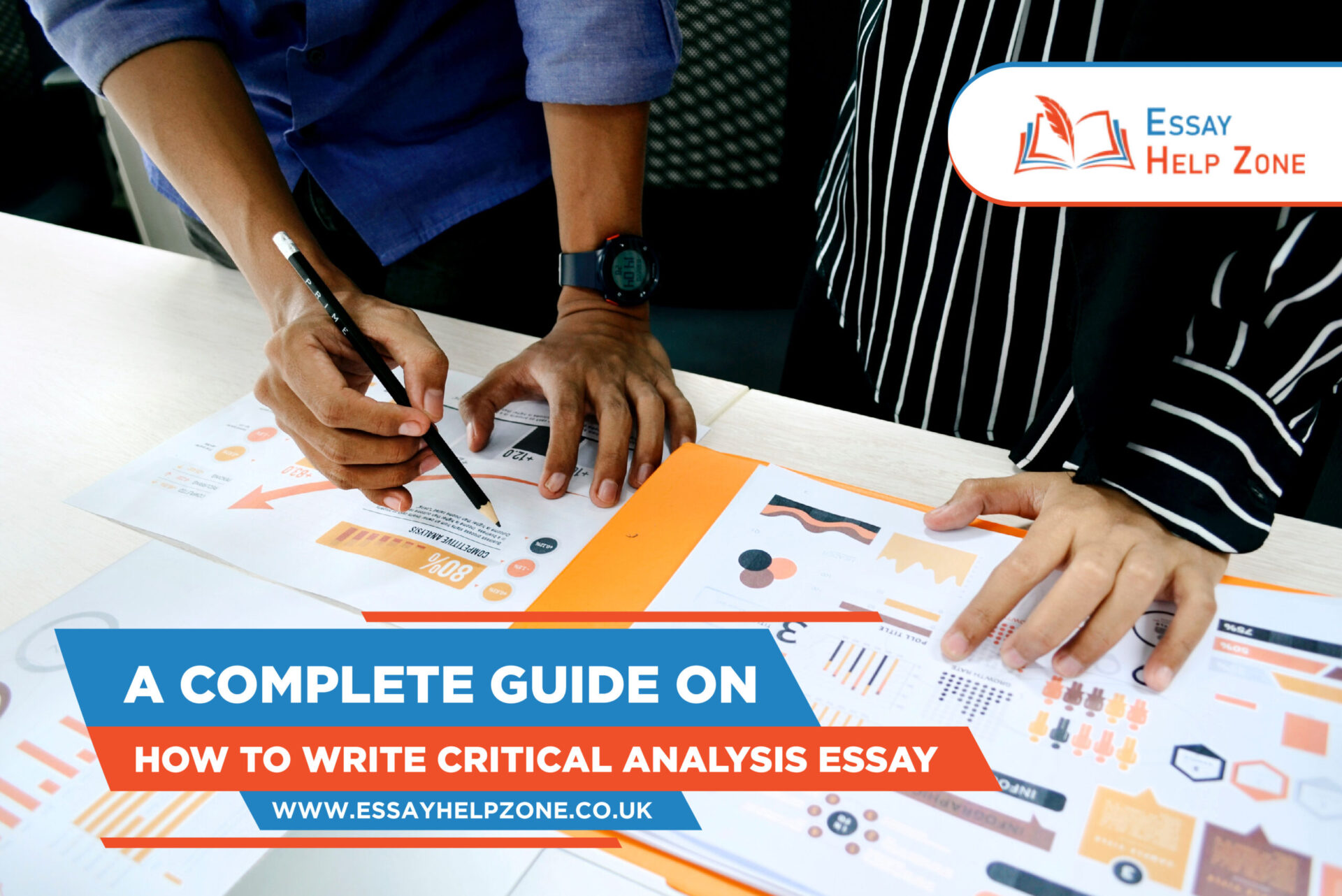Writing an EPQ essay can appear to be an overwhelming task, which is the reason we have composed this step-by-step essay help guide in order to make the entire process simpler.
Additional to the A-Levels you are as of now doing, you can decide to take an EPQ. EPQ might appear to be a ton of additional work to take on close by your current studies, nonetheless, it very well may be useful when applying to get into university.
Selecting to attempt independent research and reading can demonstrate to future professors that you are willing to take on additional work to truly show what you can do academically, just as exhibiting that you have interests that go past the educational program and curriculum.
What Is An EPQ Essay?
EPQ is the acronym for Extended Project Qualification. An EPQ essay is a free research project which includes writing an essay of 5000 words (that is around 10 pages typed) or making a product, which may be anything from an art object to an application. As the task advances, you should finish a production log to record particular phases of the project and this likewise adds to your result. The third part of the project is an oral presentation.
The entire process from beginning to end requires around 120 hours. There is no drawn course of time for doing an EPQ essay, however, most students utilize the summer vacations toward the end of Year 12 to do the fundamental research and afterwards complete the task in the early part of Year 13. It is a formal ‘level 3’ capability that draws in marginally higher UCAS Tariff focuses than a new AS-Level.
You get guidance and teaching to get you working, to assist with the research work and planning, show skills, and to keep you on target as you work through your selected project. There is no formal limitation on what you do the task on that is among you and your project guide, who will assist you with picking a subject you will enjoy working on.
EPQ Essay Structure
To compose an EPQ essay, you really require to: create a convincing idea that you are keen on, write all that you think about the subject to create further thoughts, track down the best essay question to utilize, reference your sources appropriately, compose a sharp presentation and conclusion, get input on your essay, and ensure you double-check your work prior to submitting it.
The way to write any extended document is planning, which is the reason we have composed this ten easy step guide to assist you with writing an EPQ essay.
Top 10 Step To EPQ Essay Writing 2021
1. Think About An EPQ Topic That Genuinely Interests You
One of the primary reasons students fail their EPQ is because they’ve picked some unacceptable topic. It’s fundamental that you pick a subject you’re truly keen on, if not, you will not have any inspiration to deal with it. Due to the additional responsibility, numerous students decide to begin their EPQ in the mid-year vacations, and with every one of the distractions that summers bring there’s considerably more motivation to pick a topic you do not see as exhausting, or you will simply search for any reason to try not to do it. Prior to finishing your topic, you should examine your topic ideas with your professor so they can actually look if you are in the right direction.
2. Create A Mind Map Surrounding Your EPQ Topic
You might have found an EPQ subject that intrigues you, however, it may in any case be difficult to compose 5000 words on it. Fortunately for you, a mind map could be only what you wanted.
A mind map is a place where you record all that you think about a subject or topic. For this situation, you’d write every one of the thoughts and ideas encompassing your EPQ subject.
That way you can see all that you really wanted to work on in your EPQ essay. You are basically making a mood board for whatever EPQ topic you have selected, and it will assist you with getting in the right place for the assignment ahead.
the mind map is used to distinguish gaps in your knowledge. Students will in general utilize them when revising to work out what they don’t have the foggiest idea about, while likewise assisting them with consolidating what they do know.
3. Think About A Question
Whatever your picked theme, you’ll need to think about a question to respond to. This is a critical part of your EPQ essay and will shape the basis of your essay, so it truly merits taking some real time to plan. The way by which you state your question or theory will influence the flow and structure of the entire essay. Remember that your lengthy project essay should be roughly 5,000 words in length, so you need to pick a question that takes into consideration expanded research and arguments.
4. Create A Structure For Your Finished Piece
From what you know as of now and the title you have identified you can make a draft plan or structure for your completed piece of work. Once more, this structure will assist with keeping you zeroed in on what research you really wanted to do to appropriately address your question. Nonetheless, remember that you can generally change your structure if what you find your research considers significant.
5. Research The Topic
You should begin pondering the main body of the essay and how you will approach figuring out your thoughts. Preferably, this process should take up half of the total time you spend working on your EPQ essay. You need to invest good energy in understanding online journals, books, and papers that have been composed on your selected topic. The Internet is a brilliant source of information and data, however, anybody can compose anything and distribute it on the web, so ensure your sources are reliable and perceived by the examining body.
6. Make Sure To Reference Your Sources
Likewise, with any piece of academic work, referring to your sources is essential so the analysts can check you are not copying. It’s likewise great to show that your data has come from a scope of places so the professor marking your essay can see that you have researched your theme and have thought about a few unique perspectives. You’ll have to give a reference index toward the end of your EPQ essay and in case you can’t say where your data has come from, you’ll not be able to utilize it, so it’s a smart thought to start doing this as you work.
7. Review Your Structure
As you are doing your research, and especially whenever you have completed it, you’ll need to review your structure. Your structure is basically a rundown of the argument you need to make in your essay. If the information you’ve found needs to lead you to an assessment that you can’t communicate through your structure, then, at that point, the structure should be modified or changed. This is the point at which you should be 100% certain that your structure gives the structure answers to the question or title you have set yourself.
8. Compose An Introduction And A Conclusion
As bizarre as it sounds, it tends to be useful to compose your introduction and conclusion sections whenever you’ve finished the main body of the EPQ essay. This is because your reviews on the topic are bound to be more coordinated, consequently it will be simpler to sum up the central matters clearly and briefly. Your first section needs to present the topic, momentarily developing your question and how you will approach responding to it, while your conclusion needs to allude back to the title and answer the question you posed toward the start of your essay. Guarantee that the two sections are pretty much as brief as possible, to show that you have a clear comprehension of your theme.
9. Get Feedback
The last step is to get feedback on your work. Give it to a companion, parent, or guide to go through it and give you some feedback. The more they know about your subject and scholarly writing the better it is. Listen cautiously to the advice that they give you and include it well into your work.
10. Double-Check Everything Before Submitting Your Work
It’s a smart thought to leave it a day or so prior to returning to your essay to edit it so that you are seeing it with a new and fresh pair of eyes. We suggest going over it a few times – once to make sure that you have covered everything as far as the topic, subject matter, and another for housekeeping. You need to guarantee that you do not lose any faults for little things like spelling, grammar, and language structure. You need to likewise set aside this effort to ensure footnotes are precise, just as check over any charts, graphs, outlines, and pictures.




